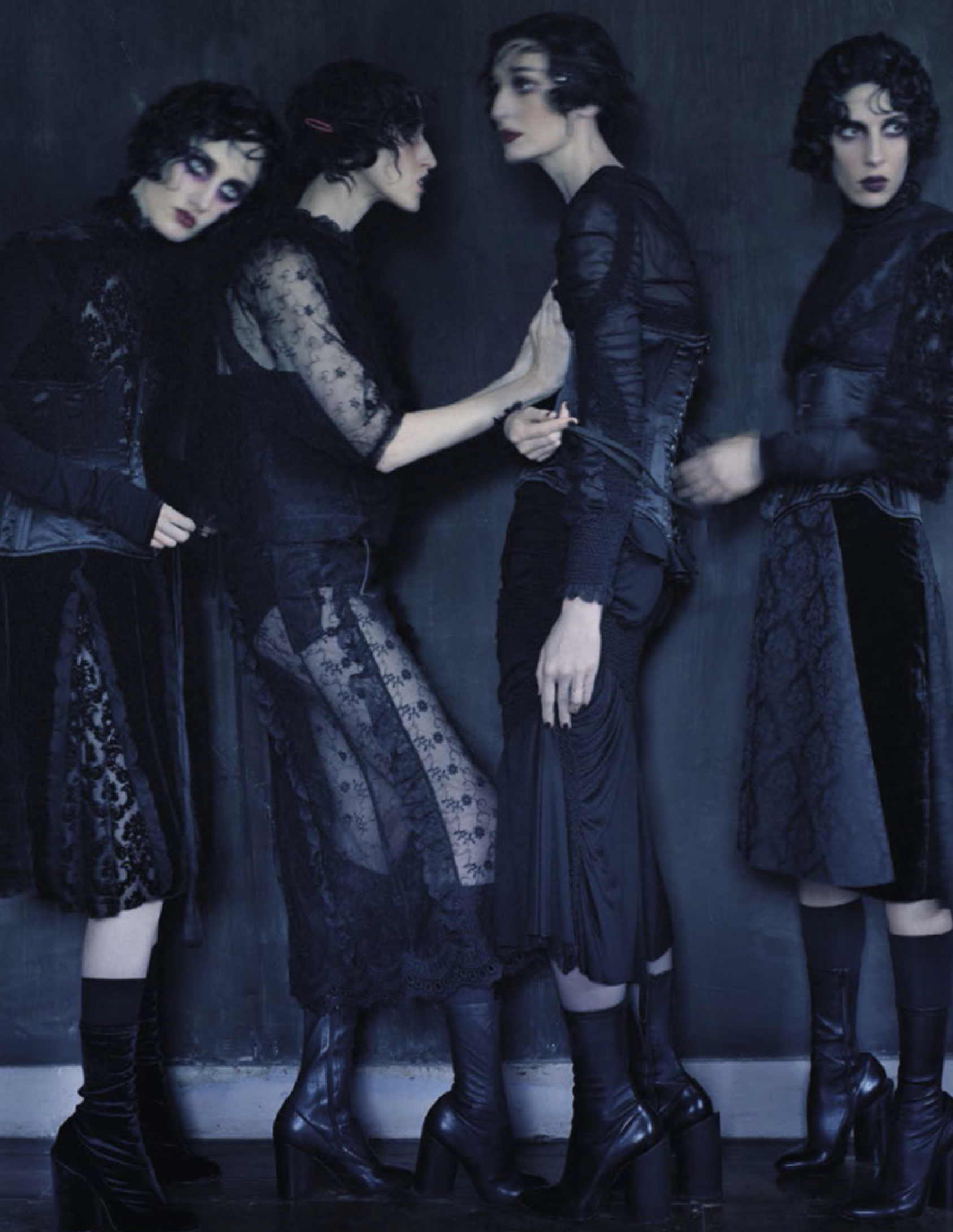
RedTracker

Excellent analysis on the topic of violence against women from Anne’s friend Soraya Chemaly:
Change Culture, Not Cabs: Woman-Only Taxis and Commodifying Female Fear Huff Po
SheTaxis (known as SheRides in New York City) is a newly-launched app that will help women-only passengers find women-only taxi drivers. If you are a woman, the creators argue, it makes sense to use this car service, because taking taxis and Ubers driven by men can be dangerous. There is a whole lot of money to be made helping women adapt to this problem.
This approach to “keeping women safe” is based on the sex segregation model of harassment and stranger rape avoidance at the heart of women-only subway cars in Japan and women-only train compartments in India. It’s the car version of a million “don’t get raped” products, the latest of which is drug-sensing nail polish that women can paint onto their fingertips and dip into drinks. Most solutions advocating segregation or self-defense are variations of “shrink it and pink it” consumer product and public space design. Even Women.Com, a new social network designed as a (safe) space for women only, takes this approach — that women have to take themselves out of spaces shared by men or risk the consequences.
‘Ladies Special’ Trains Roll Indian Women Into the 21st Century AOC Archives Anne’s Blog
Evangelical megachurch begins closing branches after pastor calls women ‘penis homes’ Salon
The Washington-based evangelical megachurch Mars Hill has begun closing branches across the Northwest. Church officials are blaming current financial difficulties on “negative media attention” over founder Mark Driscoll’s “well-documented homophobic and sexist remarks”.
The New York Times recently accused Driscoll of inappropriately using church funds and consolidating power so tightly that it is almost impossible to challenge or question him.
For some time the tide has been turning against Driscoll, who has made a spectacle of himself over the years with his anti-LGBT, anti-woman remarks, many of which he has espoused as key elements of his theology. Preaching theological “complementarianism,” in which women are considered men’s followers and subordinates, Driscoll has expressed a belief that women should always be submissive. According to one report, the pastor once instructed a female congregant to get on her knees and apologize to her husband for failing to bend to his will, then give him a blow job.
 In Conversation: Antonin Scalia New York Magazine
In Conversation: Antonin Scalia New York Magazine
In his new indepth interview with Jennifer Senior, Supreme Court Justice Antonin Scalia explains his fundamental views about the role of the Supreme Court in interpreting the US Constitution. Speaking generally about the Supreme Court, Scalia explains:
What I do wish is that we were in agreement on the basic question of what we think we’re doing when we interpret the Constitution. I mean, that’s sort of rudimentary. It’s sort of an embarrassment, really, that we’re not. But some people think our job is to keep it up to date, give new meaning to whatever phrases it has. And others think it’s to give it the meaning the people ratified when they adopted it. Those are quite different views.
Within this frame of reference, a punishment of flogging is “immensely stupid, but it is not unconstitutional” says Justice Scalia. While agreeing that the Fourteenth Amendment covers discrimination against women, the Justics says with ambiguity “If there’s a reasonable basis for not letting women do something — like going into combat or whatnot … “
Read on for Justice Scalia’s views on a wide range of cultural topics.
12 Things No One Told Me About Sex After Rape Thought Catalog







